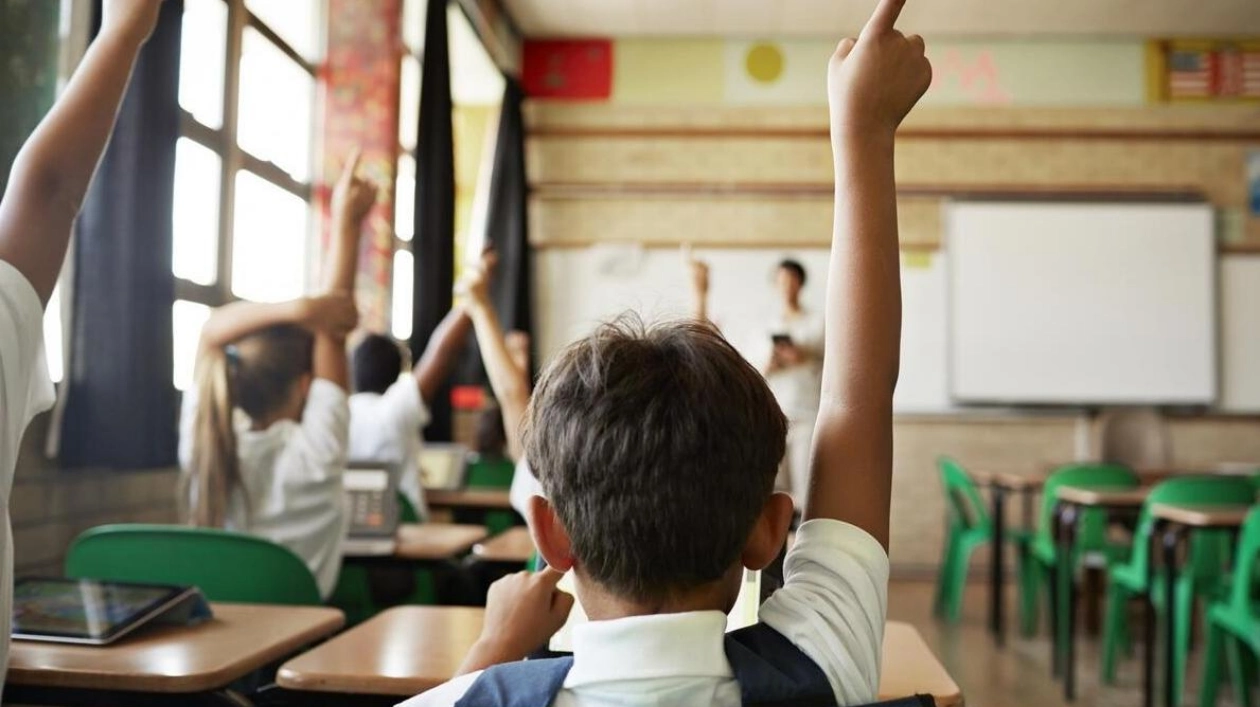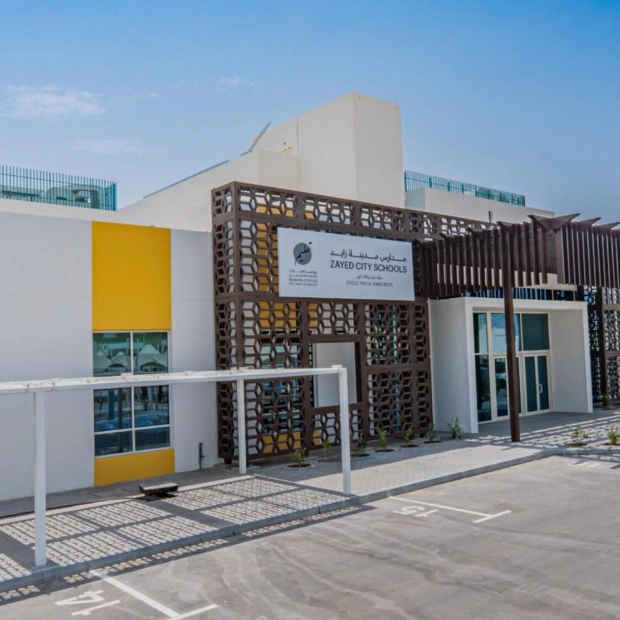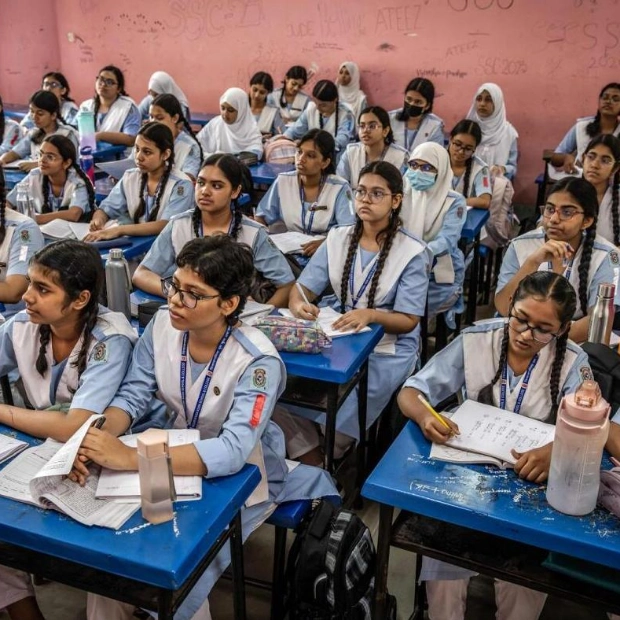Aspiring educators aiming to teach in Abu Dhabi schools must now be well-versed in sustainability, as it has become a crucial hiring criterion in at least one institution within the city. This commitment is exemplified by Gems Founders School in Masdar City, Abu Dhabi (GFA), which is the first school in the Gulf region to adopt a net-zero strategy, in partnership with The Alliance for Sustainable Schools (TASS). GFA is committed to reducing its annual CO2 footprint by an impressive 1,154 tonnes through net-zero energy and energy-saving measures.
‘Sustainnovation’ is a term coined by Albertha Huyser, Principal and CEO of Gems Founders School-Masdar City, who shared with Khaleej Times how sustainability and innovation are deeply integrated into the school's ethos. When the school opened, Huyser interviewed each of the nearly 60 teachers, asking them about their approach to incorporating sustainability and innovation into their lessons. Only those who demonstrated a clear alignment with these principles were hired.
From the outset, the entire school community, from the administrative staff to the leadership, has been aligned with the focus on ‘Sustainnovation’—a blend of sustainability and innovation, which is also the school's logo and motto. Every lesson, regardless of the subject, emphasizes sustainability, innovation, and ecological stewardship.
By joining TASS, the school has reinforced its commitment to taking significant steps towards reducing its carbon footprint and promoting sustainable practices within the school community. The Principal also highlighted how the school has pioneered a transformative approach to education by creating an innovative model for environmental responsibility, guiding future leaders towards a greener and more sustainable future.
The school has implemented various initiatives to align with its sustainability goals, such as avoiding plastic entirely and using recyclable materials for uniforms. They are also coordinating with Bright Bus Transport (BBT) to install biofuel tanks on school grounds and plan to introduce electric vehicle charging stations to encourage eco-friendly commuting.
Additionally, the school's extensive solar panel system is expected to generate 3.1 million kWh annually, providing both power and shade, enhancing energy efficiency and comfort. Advanced construction techniques, such as improved thermal insulated precast panels, will reduce the heat load on the air-conditioning system, resulting in lower energy consumption and a more sustainable educational facility.
The building's design maximizes natural lighting and temperature control, with minimal openings on the south-facing side and more on the north-facing side, ensuring optimal energy efficiency and a comfortable environment for students. The school has also received LEED Green certification and engages its parent community in weekly workshops on healthy eating and environmental care.
Source link: https://www.khaleejtimes.com






